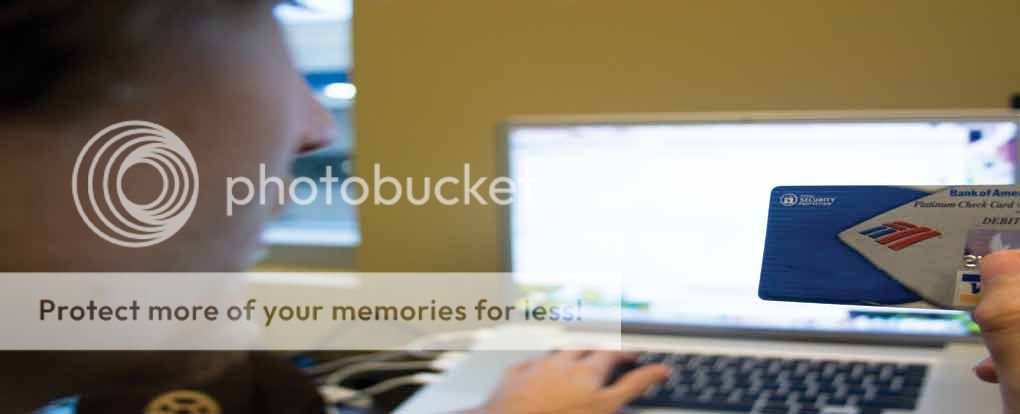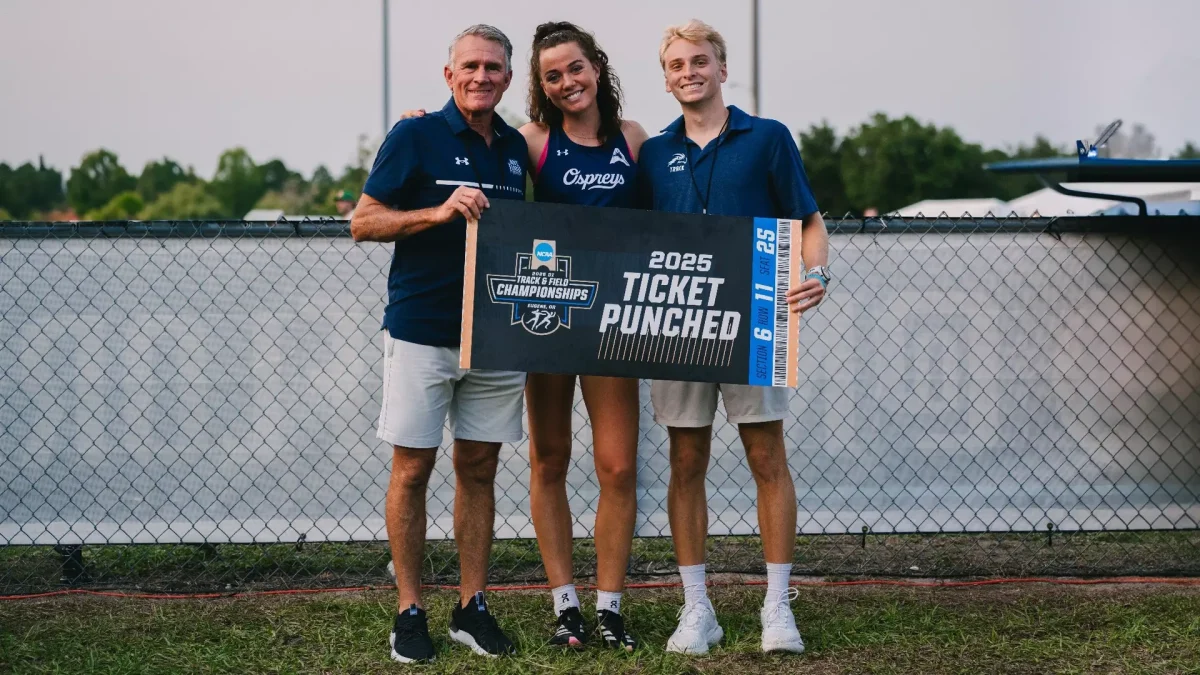
A University of North Texas senior received a shock when he discovered $1,919 missing from his bank account. Apparently the funds had been used in Baltimore — a city Phil Banker had never been to.
The fraud was probably made possible through his unsafe online purchase of a textbook. It-was-just-toocheap-to-be-true turned out to, well, not be true, Banker said.
“I took a chance [buying] this textbook at a radical discount … and I got burned for it,” he said.
Denise Owens, Comerica Bank’s Texas fraud and identity theft investigator said that college students are more vulnerable.
“Because [students] are on the Internet so often, and they do so much of their stuff online, I do see them fall victim to a lot of the Internet fraud scams,” Owens said.
Although most students embrace a technological age of applications and gadgets, the Internet may not be where the true danger zone of identity theft lies.
Some identity thieves pretend to be credit card company employees on campus, accepting applications for credit cards that do not exist, said Betsy Broder, assistant director of the Federal Trade Commission’s division of privacy and identity protection.
Zach Friesen, LifeLock Identity Theft Education Specialist and identity theft victim, said most students are dangerously complacent with the types of personal information used to apply for credit cards.
“Students need to worry about identifiable information like a Social Security card, credit cards, bank account and PIN [numbers],” Friesen said. “Have those numbers memorized or stored somewhere safe.”
Owens agreed.
“Unless they initiated the contact or they can verify whom they’re speaking with, they shouldn’t give out personal information,” she said.
Owens said that students should also understand that financial institutions and credit card companies will never ask for PIN numbers or the security code on the back of their card.
With this knowledge, students may be able to avoid credit card spam altogether with the legislation passed by President Barack Obama in February — Law No. 111-24 — the Credit Card Accountability, Responsibility and Disclosure Act of 2009.
This law requires credit card companies to stop unsolicited spam offers to those below 21 years of age.
“This is the last season that credit card companies are going to be able to actively market on campus, giving away free T-shirts and all the other freebies,” said Lauren Bowne, a Consumers Union attorney.
The law also requires colleges to let students know about any marketing contracts between the university and a credit card company, according to Consumers Union, publisher of Consumers Report magazine.
The contracts are a “you scratch my back, I’ll scratch yours” approach to marketing, doubling student ID cards as debit cards for specific banks.
The University of Texas at Arlington has a contract with Wells Fargo, and therefore receives 75 cents per ID card and more if a student opens a Wells Fargo account. This deal earned UT $7,876 during the 2008-2009 fiscal year. Not to mention the $15,000 Wells Fargo “donates” annually to UT’s Regents Scholarship Fund, also listed under the contract requirements between the bank and school.
Though this creates revenue for schools, it makes it easier for identity thieves to access students’ bank account information through the school’s computer system, said Lawrence Wilson, president of the Plano, Tex.-based ID Theft Victims Support Group of North America.
“It basically paints a target on the backs of our college students,” Wilson said.
UNF’s Osprey1Card, which can be used to purchase meals and books on and near campus, does not have any credit card or bank contracts and doesn’t connect the merchant to a student’s bank account in any way. It instead goes through a university bank account, the Associate Director of Auxiliary Services Tully Burnett said.
And if an Osprey1Card is lost or stolen, the student can log onto osprey1card.com to suspend the card. If any purchases are made between the time it was stolen and suspended, UNF will reimburse the student as long as the incident was reported in a reasonable amount of time, Burnett said.
UNF’s offices such as One Stop Student Services and the Cashier’s Office have their own preventative methods concerning identity theft. Representatives from these offices are not allowed to give out student “N” numbers, Social Security numbers or any other financial information to anyone but the student.
This ban includes parents, who aren’t allowed to check a student’s record, Floyd Hurst, university controller, said.
13 Ways to Prevent Identity Theft
- Avoid unsecure Wi-Fi connections. Always log on with your password.
- Change passwords frequently.
- Keep your anti-virus and anti-spyware software up-to-date.
- Don’t reveal personal information on social networking sites, such as family name, address, phone numbers and date of birth.
- Don’t carry your Social Security card with you.
- If your school ID says your SS number, request that the college generate a random number instead.
- Buy and use a cross-cut shredder for identifiable information.
- If you shop online, look for “https” in the URL. Check with Web sites’ privacy policies so you know what they may be doing with your personal information, or whether they’ve attached cookies to your computer, enabling them to track your viewing and usage patterns.
- Review your credit report for free once a year at www.annualcreditreport.com.
- If you use peer-to-peer file sharing programs, be sure to configure the files securely so personal information is not accessible to others.
- Physically remove the hard drive before you throw out an old computer. Some information cannot be erased completely.
- Never check “remember me” to log into Web sites.
- Make photocopies of your driver’s license, credit cards, insurance cards, all of it — front and back. Should your wallet be lost or stolen, you won’t be left wondering what was taken, and you can quickly notify the appropriate agencies about a theft.















